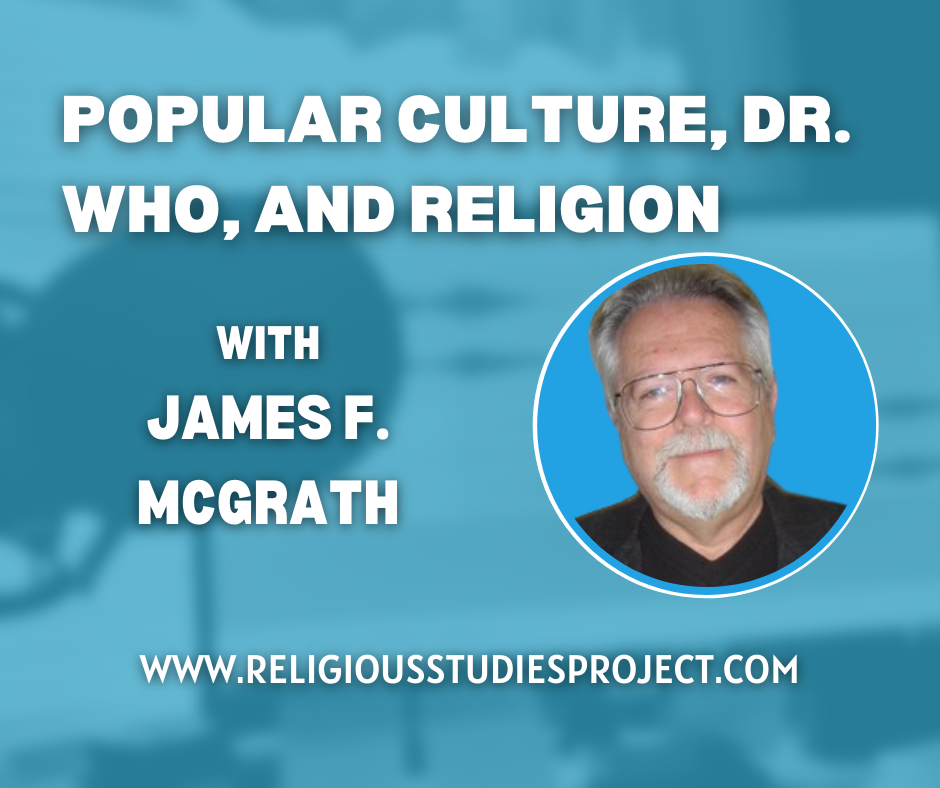It’s a big universe, and sometimes things get lost in time and space. For instance, this 2013 interview with Dr. James F. McGrath was recorded but then fell into a metaphorical black hole (i.e. the potential podcast series never debuted). Fortunately, his discussion of topics including the soul, the religious ethics of artificial intelligence, and the function of science fiction on informing audiences’ spiritual sensibilities all remain (relatively) timeless. To start, he addresses the unique challenges of working across disciplines in pursuit of analyzing popular culture currently, then shifts to an exploration of religion’s study in the future. Along the way, McGrath and interviewer A. David Lewis namecheck famous characters such as Captain Kirk and Doctor Who in the effort to illustrate complex notions of the soul embedded in secular entertainments. Enjoy a trip to the past—that looks to the future!







